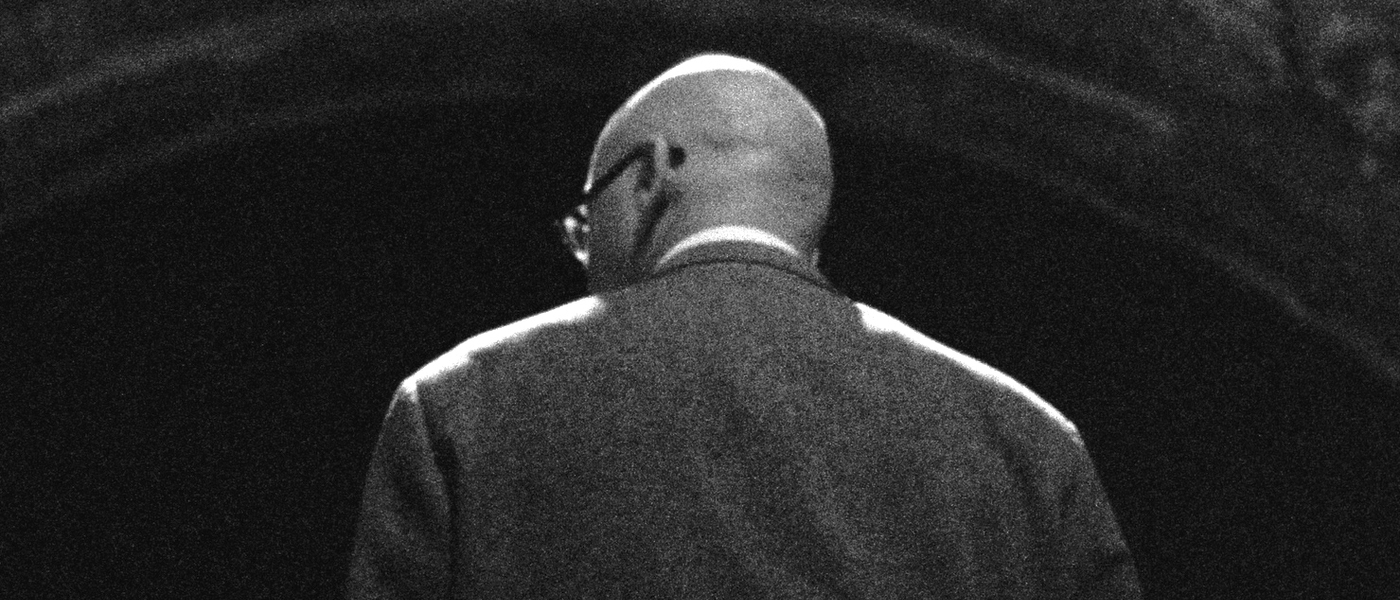Interview with Mila Zhluktenko, Critical Condition director
by Raphaëlle Pireyre

by Raphaëlle Pireyre
Long tracking shots move through the Munich night like a waking dream. Is the first part of Critical Condition the product of a young girl’s imagination as she strolls with a friend through the Ukrainian section of the Bavarian capital’s cemetery? Between 1957 and 2025, stories of exile mirror one another, playing with conventions of spy films and drama. A tale of disappearance and separation, Critical Condition questions what remains of a country’s soul outside of its own borders.
Interview with Mila Zhluktenko
Among The Dead
The film began for me when I discovered Ukrainian graves among the German names in a Munich cemetery. Being a Ukrainian in Munich myself I started to read about the Ukrainian emigrés, who lived here in the fifties and to imagine what kind of lives they lived. Then we tried to find a cinematic language for it. With my DOP Tobias Blickle, we already shot a film on 16mm before, Waking Up In Silence. We loved what film does to our image, but also the concentration of everyone on set while working with this medium. For Critical Condition we tried out the limits of the material in the dark for the night sequence. In day scenes we used soft lighting to avoid strong shadows. We didn’t want the film to feel nostalgic or old, but create a modern black and white.
A Film dedicated to Lev Rebet
Lev Rebet was an intellectual, teaching at the Ukrainian Free University of Munich. He was also editor in chief at the exile newspaper “Ukrainian Independentist”. I think his story is not known enough and working with his persona gives an echo from the past. He was murdered in one of Munich's main city squares. In the film we wanted to provide the feeling that his character dissolves in the city. I found parallels to my own life in his figure and his wife Dariia, a strong thinker interested in political themes, among them in women’s rights. Both were politically active but it sometimes felt in vain and powerless. At that time, they had less hope than now because Ukraine was not in a fight actively defending itself but swallowed by the Soviet Union so they couldn’t even travel back. Few people realize, fleeing Ukraine now, that they are already part of several waves of Ukrainian migration.
About your critical condition
I have lived in Germany for a long time. My family moved voluntarily. I wasn’t torn out with my roots all of a sudden. With this film, I was trying to find something I could say about the condition of someone who is already deeply implanted in German culture but also super deep in Ukrainian culture, a transmitter position in a way. I noticed that conversations with Ukrainian friends are very much jumping from very banal or lively things to harsh subjects because our lives are intertwined with the war. I wanted to show how the emotion can roll over you in a second of time. Existential questions are haunting you just a second after talking about a love affair. This was my attempt to say something from my point of view somewhere in between.